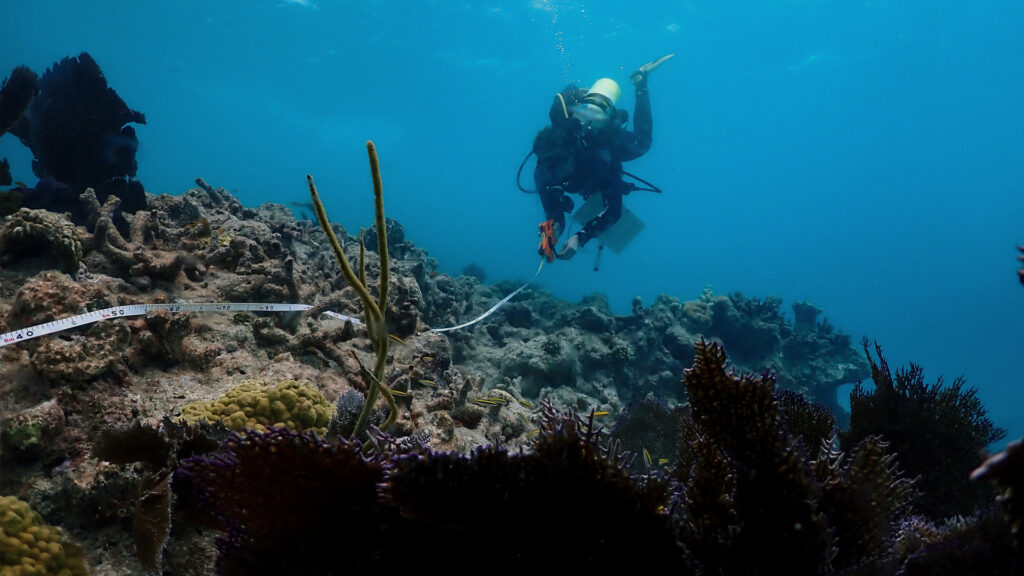A roundup of news items related to climate change and other environmental issues in Florida:
Big blow to Florida reef recovery: First survey after record heat finds coral graveyards | Miami Herald

The first survey of Florida’s reefs after an “apocalyptic” marine heat wave offers a bleak picture of the future of the state’s renowned corals — and the restoration efforts to save them.
Scientists with NOAA’s Mission: Iconic Reefs program visited five reefs throughout the Florida Keys on Thursday to check on the health of the nursery-raised and transplanted corals researchers installed there over the last few years. They found coral graveyards.
It’s a major setback to one of the most promising solutions to Florida’s declining reefs — replanting infant coral fragments — and could represent a generation lost to last summer’s scorching sea.
Bill classifying balloons as litter floats from House floor on near-unanimous vote | Florida Politics
Floridians may soon want to hold their balloon strings tighter and find other ways to celebrate and commemorate loved ones.
A bill (HB 321) that would reclassify intentionally released balloons as litter is now floating to the Senate after clearing the House on 114-1 vote.
“There is no good reason to intentionally release a balloon, and there are a lot of bad reasons,” said St. Pete Beach Republican Rep. Linda Chaney, the bill’s sponsor.
‘Proud farmers’: Cedar Key clam industry faces threats from warming seas, stronger storms | Gainesville Sun
Trucking Georgia clams to Cedar Key is rather like sending coals to Newcastle. But that’s where things are right now.
Cedar Key Aquaculture Farms, Timothy Solano’s family-run business, grows millions of clams on nearly 50 acres of state-leased sea bottom. The company ships the fruits of its underwater harvests to Costco stores in Florida and elsewhere.
The Solanos boast that their long neck clams are “Cedar Key Sweet…the finest quality cultured shellfish grown only in Certified Clean Florida Waters.” But to meet customer commitments, the family recently had to buy clams farmed in Georgia.
If you have any news items of note that you think we should include in our next roundup, please email The Invading Sea Editor Nathan Crabbe at ncrabbe@fau.edu. Sign up for The Invading Sea newsletter by visiting here.



